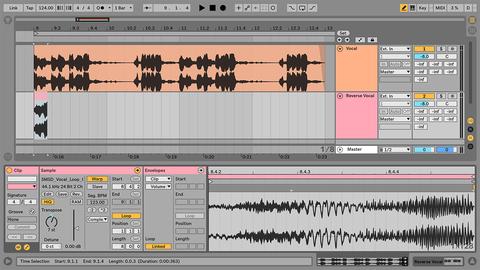

Some cells are more directly connected to one ear than the other, thus they are specific for a particular interaural time difference. According to Jeffress, this calculation relies on delay lines: neurons in the superior olive which accept innervation from each ear with different connecting axon lengths. In vertebrates, interaural time differences are known to be calculated in the superior olivary nucleus of the brainstem. The sound waves vibrate the tympanic membrane ( ear drum), causing the three bones of the middle ear to vibrate, which then sends the energy through the oval window and into the cochlea where it is changed into a chemical signal by hair cells in the organ of Corti, which synapse onto spiral ganglion fibers that travel through the cochlear nerve into the brain. Through the mechanisms of compression and rarefaction, sound waves travel through the air, bounce off the pinna and concha of the exterior ear, and enter the ear canal. Sound is the perceptual result of mechanical vibrations traveling through a medium such as air or water.

4.4 Other cues for 3D space localization.4 Sound localization by the human auditory system.


 0 kommentar(er)
0 kommentar(er)
